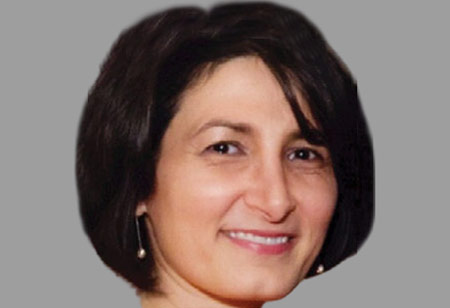What are some of the most significant challenges or trends you've noticed in the marketplace?
How can businesses or financial executives keep up with these changes? I have witnessed major shifts from decentralization to centralization and from standardizing all processes across multiple levels to automating them. Another significant trend is incorporating the lean six sigma concept using artificial intelligence to reduce the number of day to-day operations, standardize work, and automate repetitive tasks.
What are some of the difficulties that leaders encounter in adapting to these new changes in the industry?
Transformation is an important component of any leadership strategy. Leaders must stay on top of all changes by staying informed about what is going on in the industry. Knowing the areas of development each leader requires can aid in the development of better managers and encourage workplace positivity and productivity. Another critical aspect is keeping the team up to speed and driving cultural change within the organization. A successful transformation results in a culture that supports your mission, vision, and organizational objectives while also empowering your employees.
" I see machines having a bigger role in analytics as long as the data is clean and the processes are standardized "
When it comes to your present job role, how do you lead your team? Could you please tell me about your innovative leadership strategy?
I have been with the company for the past 11 years. I evaluated my team's strengths and weaknesses and based on that, I made some choices about reshuffling roles or providing training to ensure they are up to date on all the requirements of their jobs. I do this by setting a good example. I am not a micromanager, but I do make sure to adapt my approach to each individual. So, I sit down with some people, tell them precisely what my vision is, and they run with it. For other people, I share my vision but always set expectations to ensure they deliver what I anticipate. Occasionally, I have to supervise. As a result, I tailor my approach to each individual's personality.
What do you think the future of the financial sector will look like, or what are some of the potential disruptions that might take place?
I see a lot of standardization and artificial intelligence in the financial sector, replacing redundant roles and tasks. Additionally, shifting team members' focus to analysis and value-added administration. I see machines playing a bigger role in analytics as long as the data is clean and the processes are standardized.
What would be your single piece of advice to upcoming professionals in the field?
I advise them to always seek knowledge and learn about the market. When they lead a team, they must set a good example and maintain a healthy atmosphere by being adaptable.












